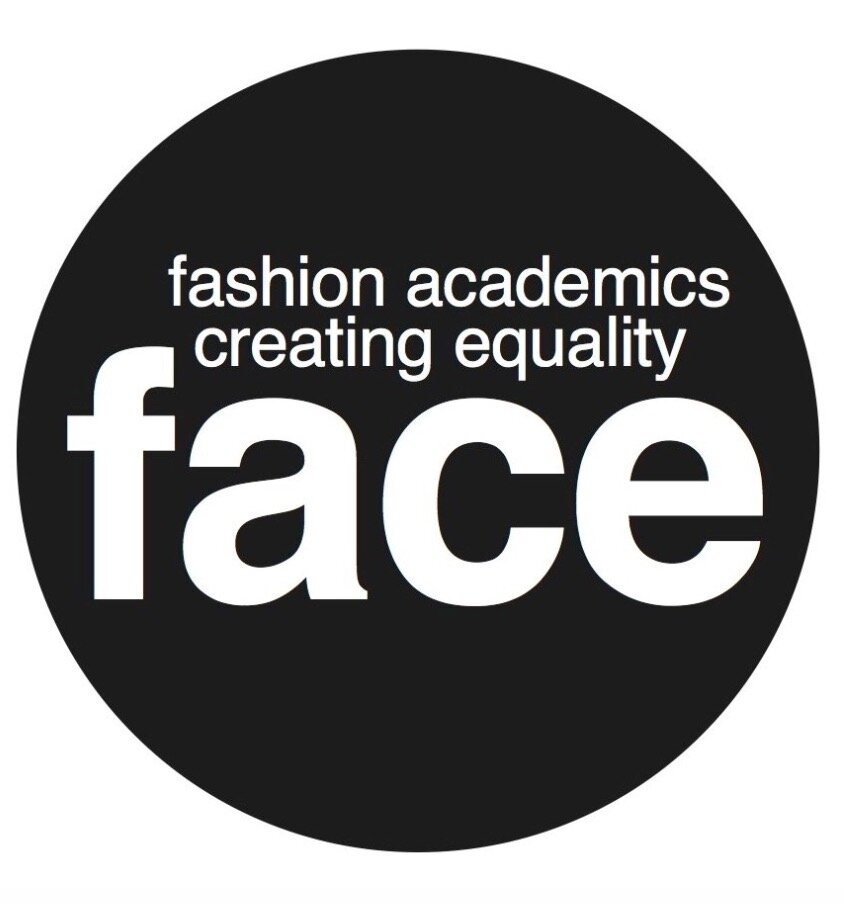See My FACE
Findings from our survey conducted throughout the final 2021 term, reveal daily psychological and educational trauma for minoritised learners in higher education to show these students are twice as likely as white or non-minoritised students to strongly disagree that they are taught by a diverse and inclusive teaching body.
Report available to download here.
Sampling from over over 50 institutions nationwide features 881 minoritised and non-minoritised student voices
With sampling from over over 50 institutions nationwide to feature 881 minoritised and non-minoritised student voices, significant discrepancies in educational experience have been exposed. These findings pertaining to race, emerge only when race aware and race equality questions are asked, such questions are absent amongst current NSS questions.
When asked to comment on how race had affected ability to study, four main themes emerged:
How we experience our race
My knowledge has been curated through a white lens.
The absence of Black and Brown academics.
Aggression – the observed behaviours of white teachers and students.
Black and Brown students pour out their hearts, reporting a wide variety of struggles such as loneliness, isolation, confusion, frustration, disappointment, shyness, exclusion, stress, unkindness, doubt, obvious racism, indirect racism, micro-agressions, sadness, despair and low self-esteem.
White students disclose little if any, insights. Many answer N/A. Some observe their privilege but wish for tools and confidence to challenge. Others like the one below display disappointing limitations. This must be challenged through better race inequality knowledge generated from within all HE institutions, or better still far earlier, though intervention within primary and secondary education. Kemi Badenoch, please note.
The case for institutional cultural competency as a remedial imperative as well as race equality and race aware questions to be added within the National Student Survey, is clearly underlined by us in our report.
We have already linked the low attainment stats to an inequitable education for minoritised students, now the case for institutional cultural competency as a remedial imperative as well as race-equality and race-aware questions to be added within the National Student Survey, is clearly underlined by us in our report. Change within institutions and amongst individuals has been slow against a backdrop in some instances of complacency and denial. And we will make the point once again that our all our students do not get the education they have paid for, however it is our minoritised students who pay the highest price.
The revealing findings in the See My FACE report have been passed to the OfS. But despite our focussed interaction with OfS Colleagues since last summer, driving through the need race equality and race-aware questions as a matter or urgency, no race specifics will make it into the 2023 NSS survey.
Why we ask, is similar urgency mislaid in pursuit of speedy action on RACE equity?
A precedent of sorts, saw speedily assembled Covid questions cropping up in the latest NSS survey to be published at sector level, but not as part of the core survey. Why we ask, is similar urgency mislaid in pursuit of speedy action on RACE equity?
FACE will not rest until our students receive the fair and impartial education they have paid for.
And it shouldn’t need spelling out, but all this comes with the obvious added benefit to white students, of race enlightenment, race privilege awareness and most importantly required race and culture knowledge needed to successfully approach today’s global market-place.
All here in Black and white
Black
"I have had many experiences within the English educational system in which I felt my race impacted the validity of my voice. I first started noticing how much my race impacted my studies in college during a textiles course. We were studying African textiles and I remember being very excited as I am of African descent. I believed this would be an opportunity for me to delve into my heritage and excel within my course. I used my sketchbook to explore how African art has heavily influenced different European art movements. I focused on the similarities 20th century Cubism has to the art of 18th century Ndebele house paintings which comprises of bright coloured geometric shapes.
I felt my voice and experience as a Black woman wasn't valid unless it aligned with the European gaze and perspective of who I am.
My teacher saw my work and told me I didn't understand what African art was and that I was focusing on Cubism. She used the Yoruba Indigo Resist-dye patterns as examples of what she said was an African pattern. Though I showed her Esther Mahlangu's work, brought fabrics from Zimbabwe and photographs of my family members wearing garments made with similar patterned fabrics, she refused to accept my research and evidence, insisting I fall in line with her view that only Western African art is authentic African Art. I stood my ground, advocating for Southern African art to also be recognised as authentic African art and in turn received low grades in her class. I remember feeling disheartened after having my first hand experience of my culture being questioned. I felt my voice and experience as a Black woman wasn't valid unless it aligned with the European gaze and perspective of who I am. Sadly, this has been a constant as I have continued my studies over the past 14 years."
White
"I feel sometimes uneasy giving criticism (good or bad) to Black people, I do not want someone to think I am racist when I'm not but after BLM movement I've felt awfully awkward to talk to Black people.. and it never happened before.
I never thought of skin colour before. I'm sure this will pass
I felt there was also racism towards white people and thoughts that every white person is racist, which made me feel uneasy in my own skin. I never thought of skin colour before. I'm sure this will pass but atm I feel sometimes that I can't fully be myself or give criticism as I used to."
Download the See My FACE report in its entirety with selected student comments here
And join us to address this NOW. FACE are working with both CHEAD, British Fashion Council and the Graduate Fashion Forum to change our system. FACE also welcomes white academics as Face Associates willing to use their power and privilege to tackle their institutions, dismantle race ignorance, employ Black academics and support our students of colour. Read more here
Text Caryn Franklin

